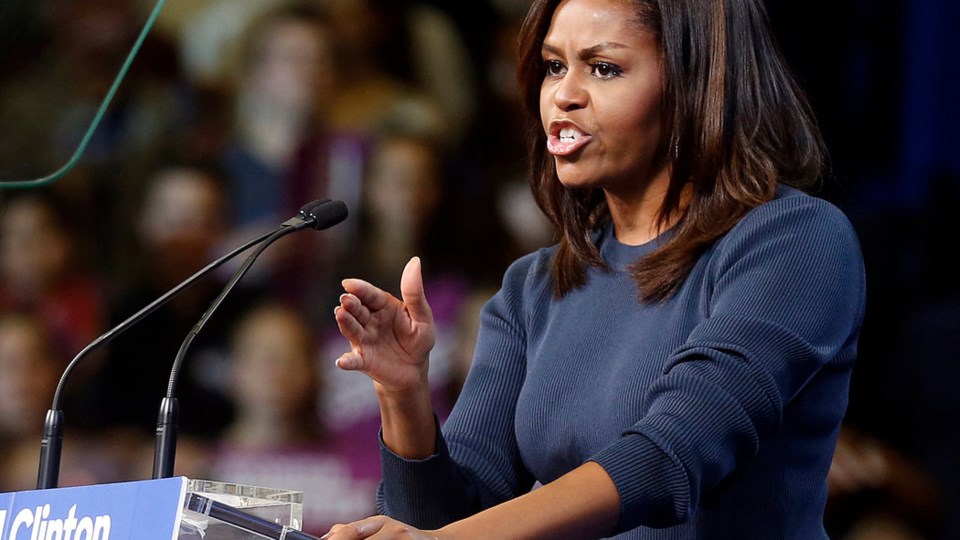In the past week, there has been a deluge of reflection on the year that was. This happens every year as we change the calendar, but 2016 has garnered even more ink and airtime than usual as people come to grips with the year Merriam-Webster dictionary describes as “surreal.”
Indeed, it was a shocker. The victories of Brexit and president-elect Donald Trump, as well as the carnage in Syria, has challenged a general assumption that we are on a trajectory towards greater globalization, trade and migration; that a kind of liberal agenda, both social and economic, is inevitable.
To see the resurrection of nationalism and protectionism has many wringing their hands. Throw in the deaths of a few well-loved celebrities, and you have some calling 2016 a brutal year.
But we can also draw inspiration from the year in which nothing could be taken for granted; it means change happens.
As we reviewed Richmond’s stories of 2016, change was also the theme. Our big stories were not just about single events, but about how events triggered a reaction and that reaction forced an about-face.
The Harvest Power composting plant was a 2016 news maker, for example. But the news wasn’t just that a nasty smell was emanating from the facility, it was the fact citizens organized, protested and ultimately forced city council to revisit its contract with the for-profit American company.
Another big story was the proposed closure of five elementary schools. Parents came out in force, packing school gyms and board of education meetings in opposition. At the 11th hour, school trustees received a “clarification” from the ministry and voted to keep the schools open.
And when racist flyers appeared in mailboxes around Steveston, a remarkable display of unity emerged in the form of public demonstrations and some powerful and poignant letters to our paper.
Of course, the fight’s not over. An alternative to Harvest Power has yet to be announced, schools may still close in the future and we’d be naïve to think a couple of, “stand together” rallies, however heartening, are enough to stamp out racism.
But life is dynamic.
Concerning trends showed themselves in 2016. Michelle Obama spoke for many recently when she said, “we’re feeling what not having hope feels like.” It’s actually not bad for us to feel that; it builds empathy.
But it’s no good to get stuck there — especially now. If ever there was a time for people to show resolve and be agents of tolerance and integrity, it is at times of upheaval. So welcome to 2017. Put on your cape and let’s make a difference.



